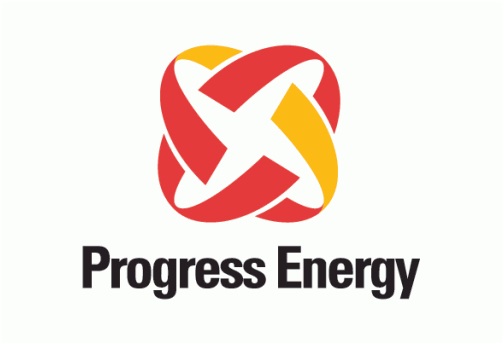I have often blogged about the problems with spent nuclear fuel in the United States. Estimates are that all the spent nuclear fuel pools in the U.S. will be full in five years unless the spent fuel can be stored elsewhere. There are about fifty thousand tons of spent nuclear fuel in those spent nuclear fuel pools. With no permanent geological repository for spent nuclear fuel, the only alternative at the moment is to build containers and store the spent fuel on site at the reactor. U.S. companies currently use thin walled stainless steel containers which tend to become brittle and crack over time.
Now the Department of Energy is exploring rail transportation of one hundred and fifty ton spent nuclear fuel dry casks so that they will be ready when there is a repository. Best estimate is 2050 for a permanent repository which makes exploring transportation alternatives appear a bit premature. In any case, the Obama administration is considering contracts to develop, test and certify the necessary rail equipment. One question has to do with whether the U.S. government should buy or lease the rail cars. The specifications call for the cars to last thirty years, be able to handle the heavy casks and be used up to eight times a year. Any train utilizing these cars would have to have additional "buffer" cars that would be placed between the cars carrying the radioactive cargo and the crew of the train.
Between 1979 and 2007, the commercial nuclear power industry shipped over two thousand tons of spent nuclear fuel. A company called Progress Energy has shipped spent nuclear fuel by rail. They moved spent nuclear fuel from two of their nuclear power plants to a third plant because there was extra room in the third plant's spent fuel pool. There was such an backlash against the shipments from environmentalists and local governments that Progress Energy publically announced in 2003 that they were building onsite dry cask storage at the two plants that had been the source of the spent fuel being shipped. When the casks are ready to be filled, the shipments will stop.
The Yucca Mountain Repository in Nevada was supposed to receive shipments of spent nuclear fuel from U.S. power reactors but after a decade of work on the site, the Obama administration cancelled the project in 2009. The U.S. had promised such a repository to nuclear power plant operators by 1999 and was collecting fees for the storage. This year, the government stopped collecting the fee and, in some cases, returned some of the money to reactor operators who had sued.
Recently there have been a number of explosions where single walled tanker cars were being used to move tar sands oil which is more flammable than oil from regular oil wells. The industry knows that the single walled tank cars are dangerous but they have not been willing to spend the money to build safer cars. If standards are set for transportation of spent nuclear waste by rail, can we depend on those standards to be sufficient to protect the public and environment? And, can we depend on industry to follow those standards rigorously? I have my doubts about both of these issues.
